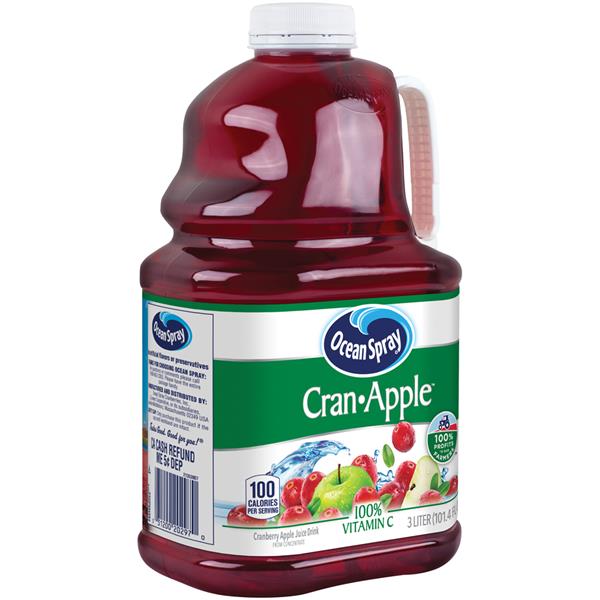
“It’s sort of like what your mom always told you - don't eat too much candy or you're going to get a tummy ache,” says Dr.

The IBS Network, an organization that supports people with IBS, explains that fructose is absorbed slowly in the small intestine, so amounts can pass on into the colon and partially ferment, causing bloating and diarrhea in sensitive and reactive bowels. High-fructose corn syrup can be found in soft drinks, sweetened tea and coffee, energy drinks, and fruit drinks, among others. Fructose May Disrupt the GutĪ big trigger can be any beverages containing fructose or high-fructose corn syrup, which are high in FODMAPs, says Ellen Stein, MD, a gastroenterologist with Rutgers Robert Wood Johnson Medical Center in New Brunswick, New Jersey, and a fellow of the American Gastroenterological Association. Bottoms up!įirst consider the drinks that are likely to make your IBS symptoms worse. Here is a comprehensive list of beverages to avoid or enjoy. The good news? The choices are probably greater than you think. Research has found that choosing foods and beverages low in FODMAPs and avoiding foods high in them can help control IBS.Ī review published in May of 2023 in the journal Nutrients examined results from 15 studies involving more than 900 participants and found that a diet that restricts the intake of FODMAPs can significantly reduce abdominal symptoms like pain, gas, and diarrhea, and improve quality of life for people with IBS.īut, since FODMAPs are in so many drinks, it might leave you wondering what you can safely sip.

These are known as FODMAPs: fermentable oligosaccharides, disaccharides, monosaccharides, and polyols. While most people without IBS will use the bathroom 30 to 60 minutes after eating, some people with IBS will have to go sooner and will feel pain and may have diarrhea, according to Cedars-Sinai Medical Center.įor some people, IBS symptoms can be triggered by eating and drinking things that include certain types of carbohydrates (sugars) that the small intestine absorbs poorly.

IBS occurs when the nerves and muscles in the intestine become oversensitive and don’t function properly, leading to diarrhea, constipation, or both. But if you have irritable bowel syndrome (IBS), the culprit could be in your cup. A bout of gas, bloating, cramps, and diarrhea or constipation may make you reevaluate your meals to find out where you went wrong.


 0 kommentar(er)
0 kommentar(er)
